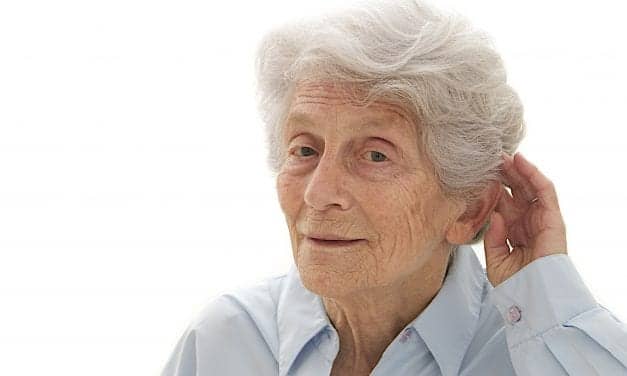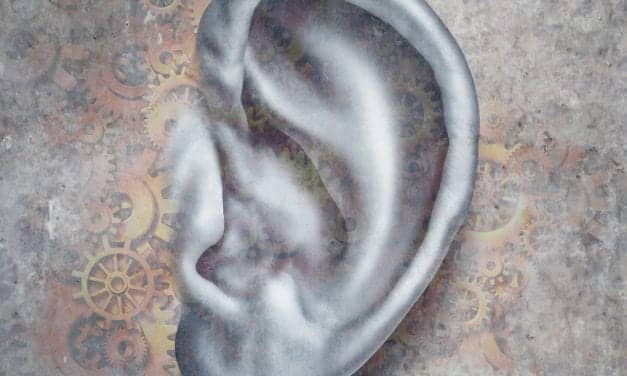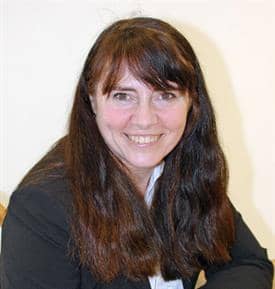Researchers Find Link Between Premature Death, Hearing Loss
Researchers at the Robert N. Butler Columbia Aging Center at Columbia University Mailman School of Public Health found that mortality among those with hearing loss is elevated, particularly among men and women younger than age 75 and those who are divorced or separated.
Read More













